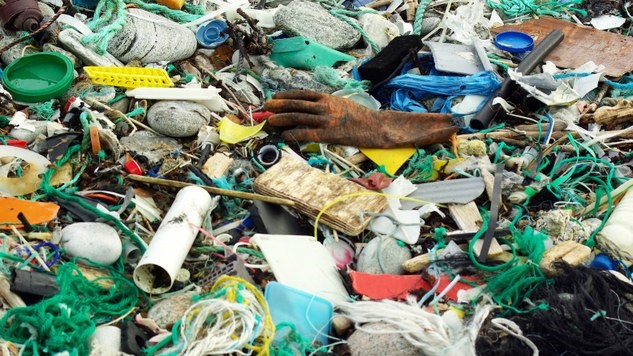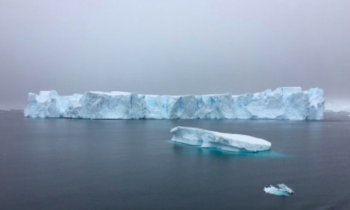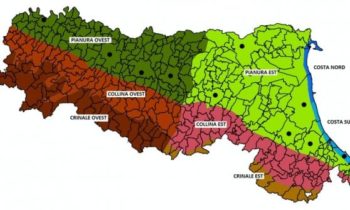Cigarette butts the most common litter on Europe’s beaches

A new EEA analysis on marine litter showcases data collected by volunteer groups at beaches across Europe’s four regional seas — the Baltic Sea, the Black Sea, the Mediterranean Sea and the North-East Atlantic Ocean.
Using the EEA’s Marine LitterWatch mobile app, volunteer groups collected litter data at 1,627 beach clean-up events between 2014 and 2017. The EEA has been responsible for controlling the quality of the data and analysing the results.
Based on the new data, the most common items found on beaches include cigarette butts and filters, pieces of plastics and polystyrene, fragments of glass and ceramics, plastic cups and lids, cotton bud sticks, shopping bags, crisp packets, strings and cords, and drink bottles. As for materials, disposable plastics are by far the biggest contributor to marine litter across all four regional seas.
The new data recorded with the EEA app is consistent with official data released, for example, under the Marine Strategy Framework Directive’s Technical Group on Marine Litter and the first ever Europe-wide strategy on plastics. This finding shows that data recorded by volunteers can complement official data on marine litter and thus help tackle the problem.
Article by www.eea.europa.eu
Agire sul clima per evitare una crisi peggiore del virus
La ripartenza post Covid-19 deve essere l’occasione per aumentare gli sforzi sul cambiamento climatico
leggi tuttoIl climate change trasformerà per sempre la finanza
Larry Fink: il climate change obbliga gli investitori «a riconsiderare le fondamenta stesse della finanza moderna».
leggi tuttoFuture of the human climate niche
Il futuro delle nicchie climatiche umane
leggi tuttoAumento medio di 1,6 gradi per il clima in arrivo a Parma
Aumento della temperatura di 1,5 °C in inverno e 2,7 °C in estate
leggi tutto


